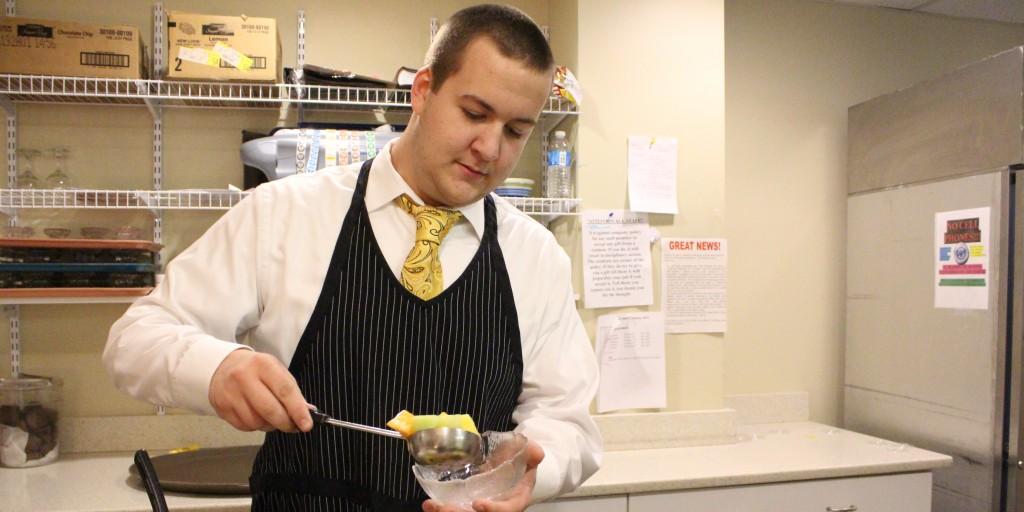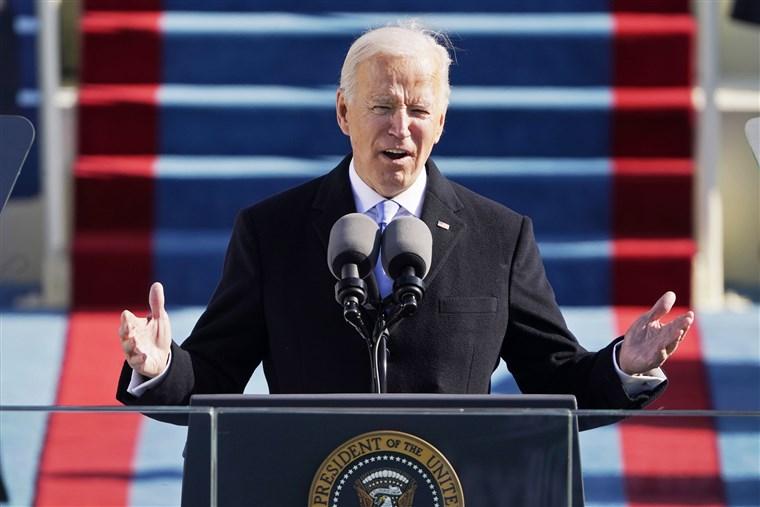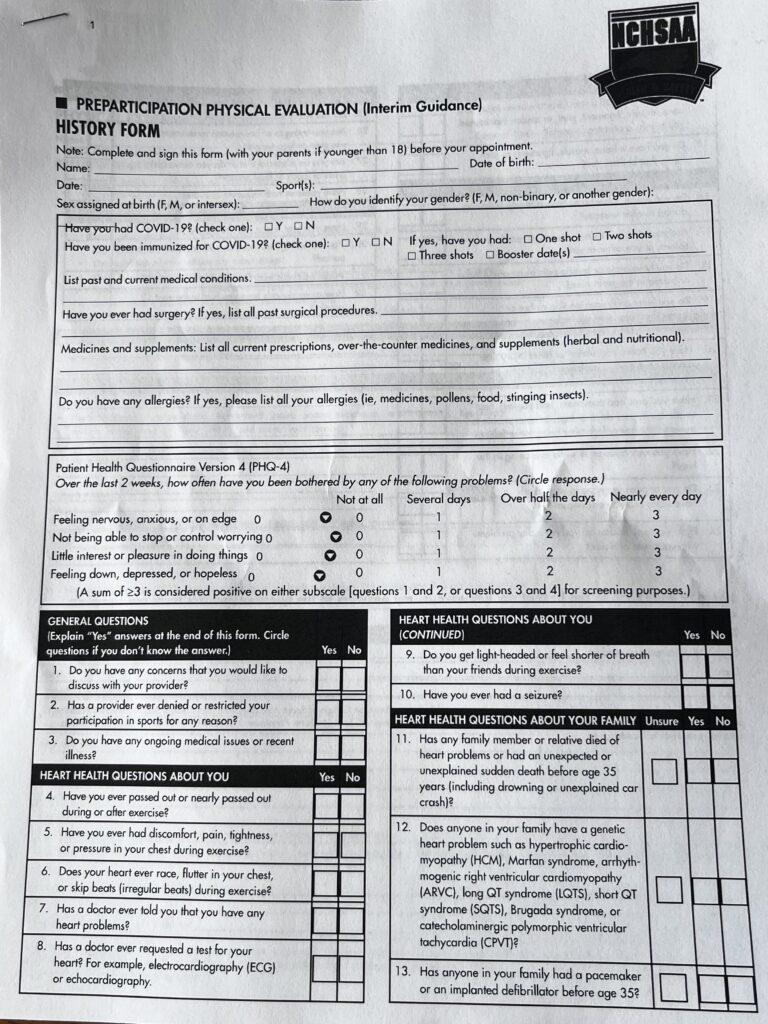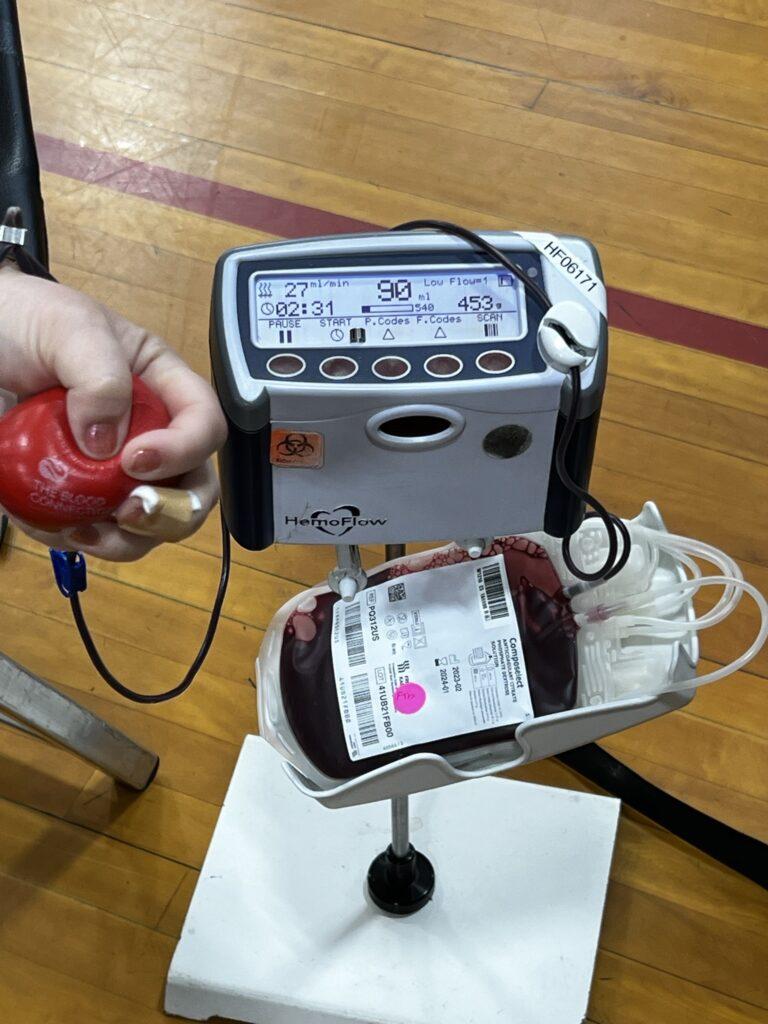In his 2013 State of the Union address, President Barack Obama proposed raising the minimum wage from $7.25 to $9 an hour by 2015.
In reality, such a move would ruin the chances of teenagers getting jobs and in the long run increase inflation, an unnecessary waste of time for Congress. It would ruin the U.S. economy.
According to philly.com, 15 million American workers currently earn minimum wage, making about $15,080 for 2,080 hours per year, just $50 below the poverty threshold.
Fewer jobs would be offered by companies if they had to finance workers at a higher minimum wage. Isn’t that destroying the original intent to add more jobs to the economy? This would raise the already astounding 7.7 percent unemployment rate, according to beaumontenterprise.com.
There would be a decrease in skilled workers seeing how they wouldn’t need to get a higher degree in their profession to get pay raises. This means that low wage and low skill workers ages 16 to 19 are more likely to be let go before an adult at the new minimum wage.
Almost 50 percent of employers already report having trouble filling crucial higher level jobs. This number would only rise with an increase of the minimum wage.
“I guess I’d like to get more money, but by a raise or something like that. I don’t need to get more money for doing the exact same thing I’ve been doing. Anyway, if the act is passed, it’ll be helping adults with minimum wage who should be getting the promotions to higher level pay, not the teens who get and keep their minimum wage jobs,” junior Matt Rice said.
A teenager’s first job is the critical first step in the job world. These minimum wage jobs are vital for teens to get experience and references for future more intense jobs. Unemployment rates for teens 16 to 19-years-old are already at a high of 23.8 percent, and it doesn’t need to be increased further.
The price of paying workers more would be higher product prices, reduced profits and lost jobs. According to GazetteXtra.com, most companies decide that they can get by with fewer workers versus paying higher wages.
“The higher the price of anything, the less that will be taken, and this includes labor,” William Dunkelberg, chief economist for the National Federation of Independent Business said. “Raising the cost of labor raises the incentive for employers to find ways to use less labor.”
Obama’s proposal would extinguish jobs for younger workers. From 2007 to 2009 the minimum wage was raised from $5.15 to $7.25. This did nothing significant for the economy in the long run. With a gap of only four years, chances are nothing significant will happen if the minimum wage is raised again.
The United States seems finally to be coming out of the Great Recession. It is not the time to be encouraging business owners to lay off workers or delay hiring. Raising the minimum wage would only destroy jobs for teenagers and lower the number of skilled workers.
By Katie Miller













